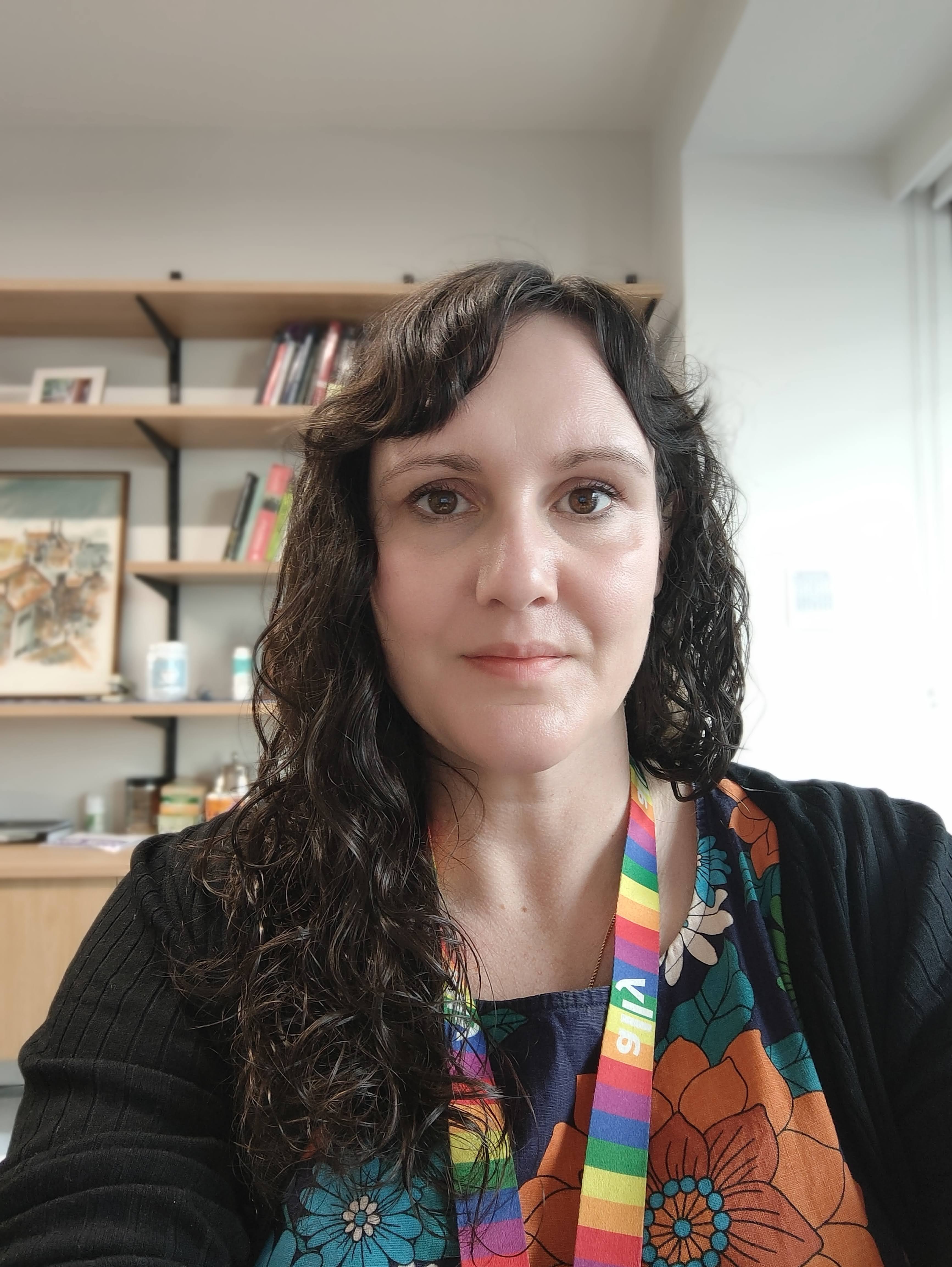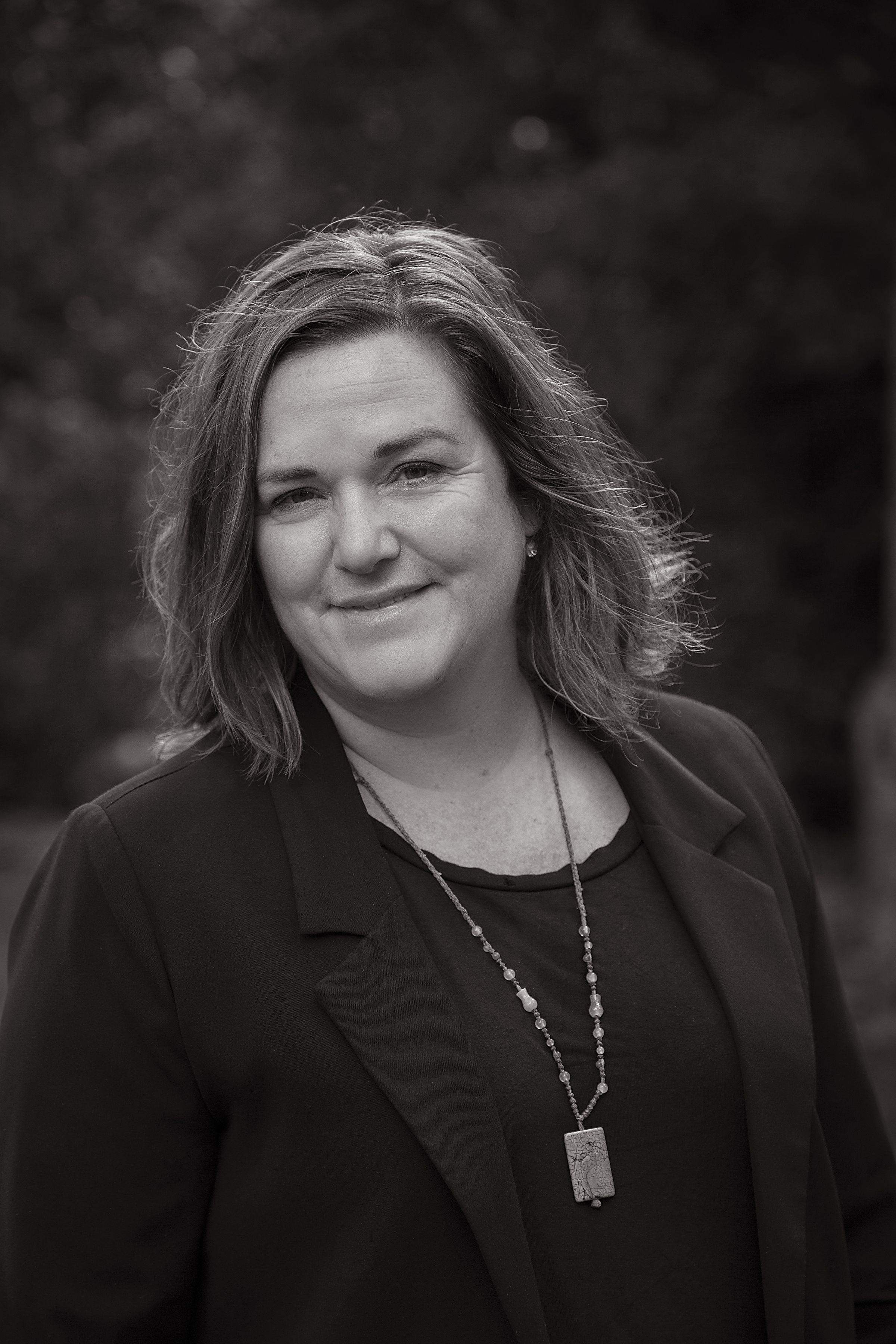Care // Health
Date & Time: 27 October 1:30 pm 3:30 pm. Powerhouse Museum, Ultimo
Biographies
 Emma Power Emma Power | Emma Power is an Associate Professor in Geography and Urban Studies in the School of Social Sciences and an ICS Institute Fellow. Emma’s programme of research is concerned with urban living and the politics of care. It envisions a world of more caring and just cities, asking how the capacity of people to meet their needs for care and to live a good life can be better supported within cities and through the broader housing and welfare systems. This work is motivated by an interest in what makes cities liveable and is driven with concerns about the implications of growing urban and housing inequity, the residualisation of social welfare systems in western liberal welfare states and urban liveability in changing climates. Emma leads the ARC Discovery Project ‘Shadow Care Infrastructures: Sustaining Life in Post-welfare Cities’ (2021-2024) which asks how people reliant on government income support make ends meet. It investigates whether and how ‘shadow care infrastructures’ – a wide range of formal and informal material and social supports – enable the survival, well-being and flourishing of income support recipients. Focusing on people with disabilities, unemployed and asylum seekers, the research evaluates the benefits and harms such infrastructures produce for those receiving and providing care, and the wider community. It examines risks and opportunities to scale up emerging care infrastructures identified as critical to making ends meet for income support recipients in contemporary cities. |
 Miriam Williams Miriam Williams | Dr Miriam Williams is Senior Lecturer in Geography and Planning in the Macquarie School of Social Sciences at Macquarie University, Sydney. Miriam is an urban cultural geographer whose work contributes to scholarship on care, justice, food and commons in the city. Her work focuses on how urban life could be made more just and caring for people and planet. She is most well known internationally for her work on Care-full Justice in the city, Cities of Care and urban commons. She is currently working on projects on student food insecurity, community food initiatives, and public spaces. Miriam is a Chief Investigator on an ARC Linkage project with Transport for NSW on the Power of Public Spaces and a member of the International Community Economies Institute. |
 Kelly Dombroski Kelly Dombroski | Kelly Dombroski is a researcher in social, economic and environmental change in Aotearoa New Zealand and Asia Pacific. She is Associate Professor of Geography at Te Kunenga ki Pūrehuroa Massey University. Her current five-year research project funded by Te Aparangi Royal Society of New Zealand is titled Transitioning to Caring Economies through Transformative Community Investment. It involves working with a range of innovative community groups who are already doing transformational work.She is a member of the Community Economies Institute and facilitates the Aotearoa node of the annual Researching Postcapitalist Possibilities Summer/Winter School. Kelly has published widely in the areas of feminist economic geography, care, diverse economies and community economies in Asia Pacific. With JK Gibson-Graham, she is the co-editor of the Handbook of Diverse Economies (Edward Elgar 2020). Her other books include Huritanga: Ten Years of Transformative Placemaking (Life in Vacant Spaces 2022), Introducing Human Geographies 4th Edition (Routledge,2024), and Caring for Life: A postdevelopment politics of infant hygiene (University of Minnesota Press, 2023). Kelly grew up in rural Wairarapa, studied in New Zealand, Australia and China, and now lives in Manawatū. She descends from Scottish, English, Irish and German immigrants and has four children. |
 Heather Horst Heather Horst | Professor Heather A. Horst is the Director of the Institute for Culture and Society at Western Sydney University. A sociocultural anthropologist by training, she researches material culture and the mediation of social relations through digital media and technology. Her books focused upon these themes include The Cell Phone: An Anthropology of Communication (Horst and Miller, 2006); Hanging Around, Messing Around and Geeking Out: Kids Living and Learning with New Media (Ito, et. Al 2010); Digital Anthropology (Horst and Miller, eds. 2012); Digital Ethnography: Principles and Practices (Pink, Horst, et. Al. 2015); The Routledge Companion to Digital Ethnography (Hjorth, Horst, Galloway and Bell, Eds. 2016); The Moral Economy of Mobile Phones: Pacific Island Perspectives (Foster and Horst, eds. 2018) and Location Technologies in International Context (Wilken, Goggin and Horst, eds. 2019). Her current research, part of an ARC Linkage Project led by Dr. Denis Crowdy with the Wontok Foundation and Further Arts Vanuatu, examines the circulation of music in Melanesia through mobile technologies. She is also developing new work examining the Fijian fashion system as well as Automated Decision Making. |




